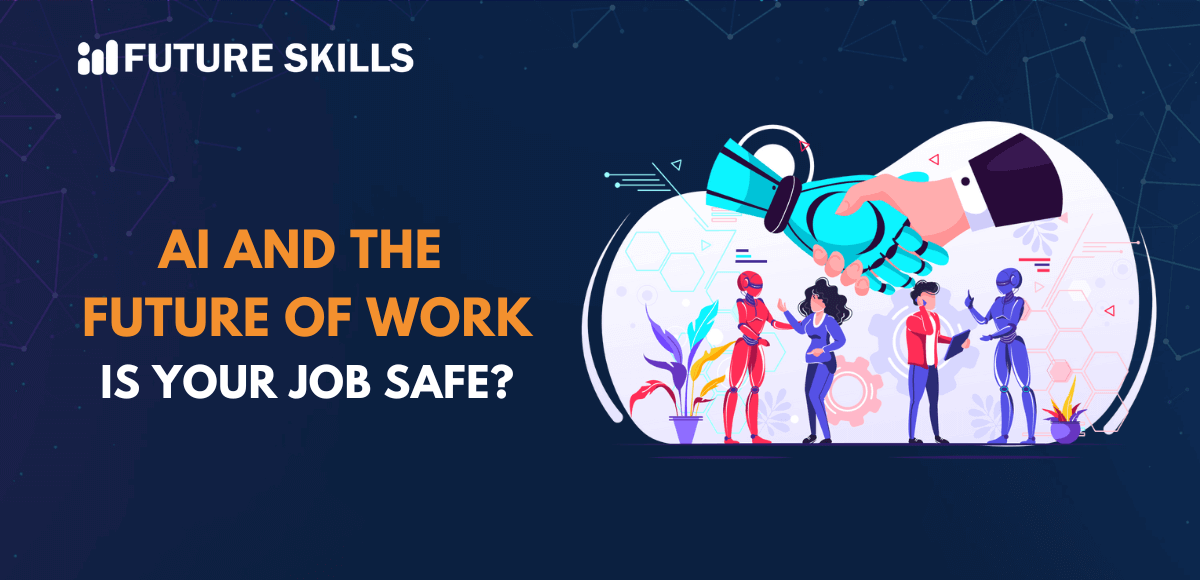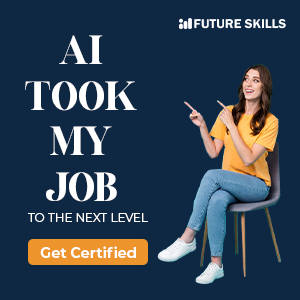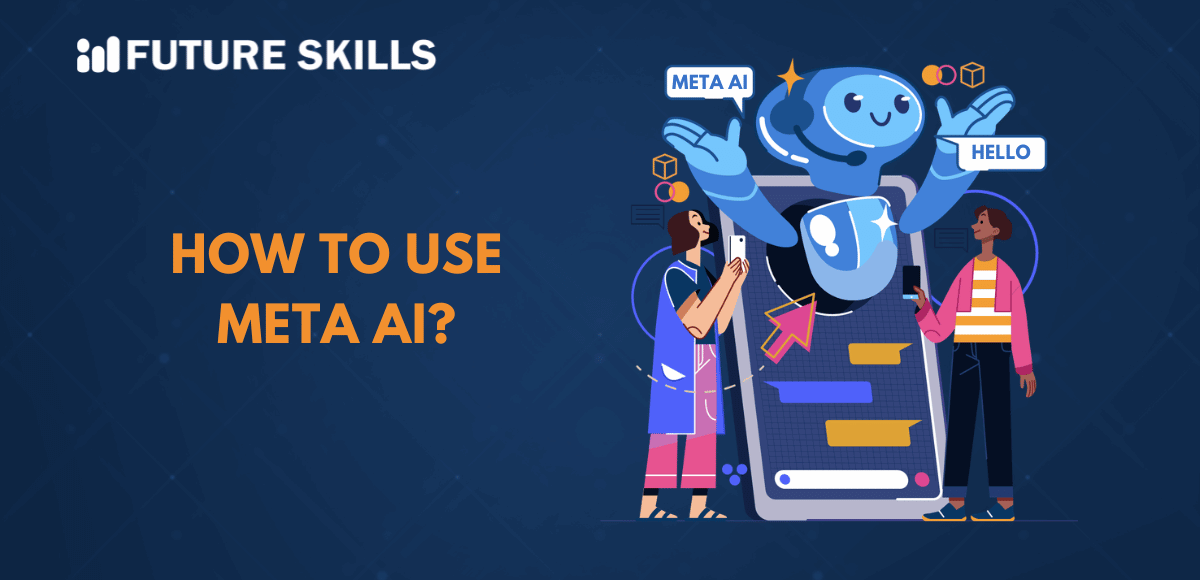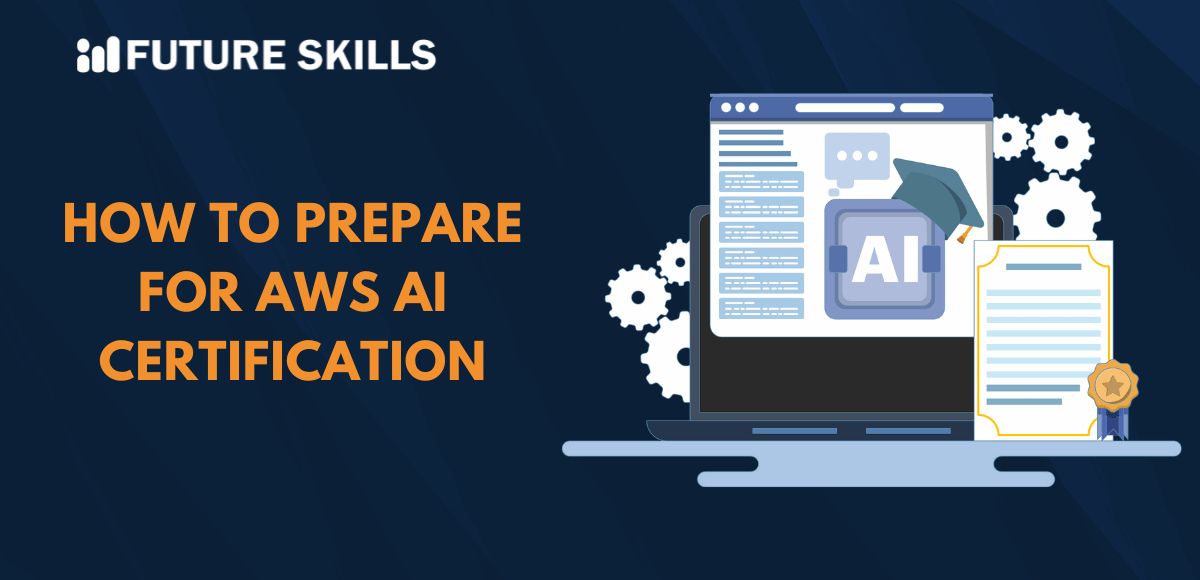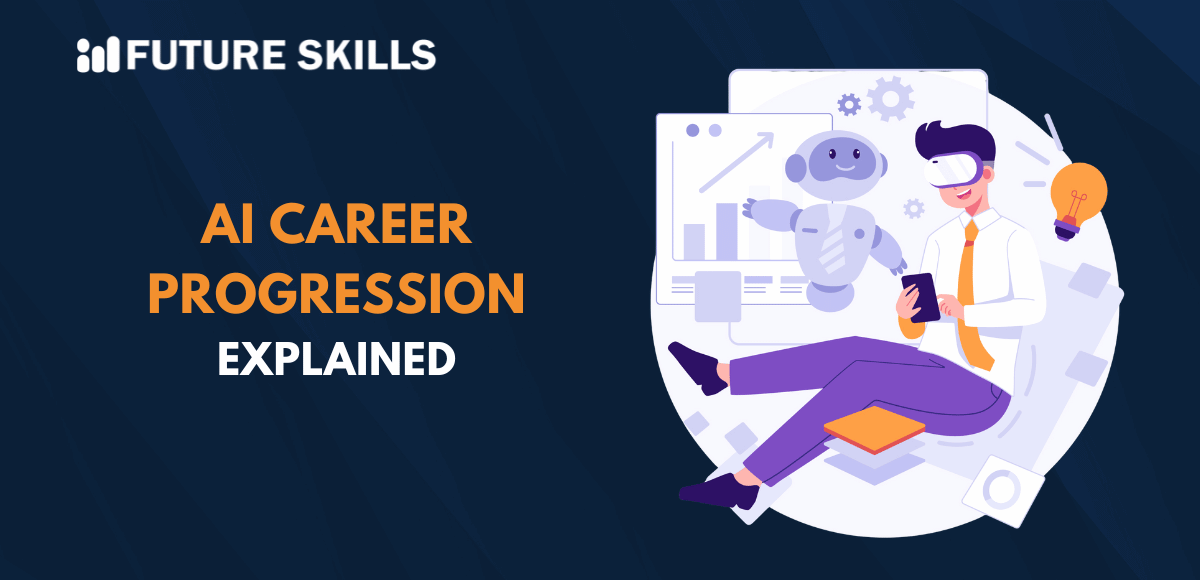Artificial intelligence may have looked a futuristic concept a few years ago. As the whole world continues to embrace AI in different circles of life, people have been thinking about how AI can transform the future of work. The most common theme in discussions on AI and future of work is the possibility of artificial intelligence taking the jobs of people. While that may be true for many jobs, AI will have a significant impact on the future of work.
The growing adoption of AI has created a situation with a mix of promises and panic. On one hand, you have the threat of mass layoffs in various sectors while there is a possibility of introducing new AI-based roles. However, the biggest question right now on the mind of any working professional is likely to be about the safety of their job. Let us figure out whether AI will remove people from their jobs or empower them at the workplace.
Step into the world of AI and learn the concepts of AI from fundamentals to an advanced level with our accredited AI Certification Course.
Which Jobs Will AI Replace First?
No matter how much hopes you have from artificial intelligence, it is a formidable threat to many jobs. You should not ask questions like “Will AI take my job?” as there are some jobs which are more vulnerable. The jobs which are easily replaceable by artificial intelligence include the ones which involve repetitive tasks and rely too much on data. The answers to “What jobs could AI take in the future?” will help you discover whether you should worry about the AI revolution. It is important to remember that AI will replace jobs where it is more efficient at addressing predictable tasks.
-
Customer Service
One of the best examples of jobs that will be replaced by artificial intelligence is customer service. With the rise of AI-powered virtual assistants and chatbots, companies can now manage simple customer queries within seconds. Even if human intervention is necessary for complex queries, AI presents a huge threat to entry-level jobs in customer service.
-
Administration and Clerical Jobs
The next notable category of jobs that is likely to face the impact of AI includes administrative and clerical jobs. While higher administration roles are safe from AI for now, there is a possibility of replacing many administrative and clerical roles by AI. For instance, data entry staffs, legal assistants and administrative assistants are at the highest risk of job displacement.
The relationship between AI and job displacement becomes clearly visible as AI takes over tasks like organizing spreadsheets, scheduling and drafting documents. Artificial intelligence may not take over these roles completely but shift their scope of work towards complex problems.
-
Coding and Computer Programming
Many experts have pointed out that artificial intelligence cannot replace programmers and coders due to the elements of ‘human touch’ and creativity. However, you must also know that AI tools can now help you write and debug code, thereby accelerating various projects. As a result, companies won’t need large developer teams and will rely on senior developers and engineers. This will lead to displacement of junior and mid-level programmers from their jobs.
Level up your ChatGPT skills and kickstart your journey towards superhuman capabilities with Free ChatGPT and AI Fundamental Course.
Has Artificial Intelligence Brought New Jobs?
The concerns about AI replacing people in their jobs might have had you thinking about the positive side. Surprisingly, the future of AI will not be all about taking away people’s jobs. You can find proof of that in the new class of jobs that have been introduced by artificial intelligence. As a matter of fact, you can stand strong in the storm of the AI revolution by embracing it as a companion rather than fighting against it.
Artificial intelligence is changing the workplace with the concept of an ‘augmented workforce’. People will no longer invest time in mundane and repetitive tasks with AI to take care of them. On the other hand, human workers will focus on more complex and meaningful tasks. At the same time, you can also notice the rise of many jobs that focus specifically on AI. For instance, the popularity of roles like AI engineer, data scientist and machine learning engineer is increasing.
With all the talk about AI replacing people at different jobs, it is also important to recognize the resilience of human-centric jobs. You can find many jobs that are completely suited for humans or the ones that require creativity, empathy, critical thinking and emotional intelligence. Therefore, the future of the workplace with AI will be more about using artificial intelligence as a tool. In other words, the future of work will not focus on picking a choice and rely on a symbiotic relationship.
Excited to understand the crucial requirements for developing responsible AI and the implications of privacy and security in AI, Enroll now in the Ethics of Artificial Intelligence (AI) Course
How Can You Prepare for the Future of Work?
Since AI will have a significant influence on the future of work, you must prepare for the future. The easiest way to enhance readiness for the future of work involves understanding the benefits of AI in the workplace and embrace AI literacy. You have to become adaptable, open to change and proactive in your approaches to professional development. Employees who are more comfortable with the use of AI tools are perceived as ‘future-ready’, thereby making them invaluable assets for any workforce.
The best approach to enhance your fluency in AI involves relying on professional courses and certification programs. You need to start with fundamental concepts of AI, learn about language models and best practices of prompt engineering. On top of it, you can also invest efforts in enhancing data skills that can help you improve the usage of AI models. If you take the initiative to learn AI now, you can prepare for the waves of change in the future.
Final Thoughts
The decision to acquire AI skills is more of a mandatory requirement for every professional who wants to prepare for the future of work. Many people believe that artificial intelligence will take away their jobs and there is no way to deny that. However, the relationship between AI and future of work will be a symbiotic one rather than offering a binary choice. Artificial intelligence will change how you work by providing an easy solution to automate repetitive tasks. As a result, workers will get the freedom to focus on more complex tasks that contribute more value. Discover the best practices to hone your AI skills right now.

